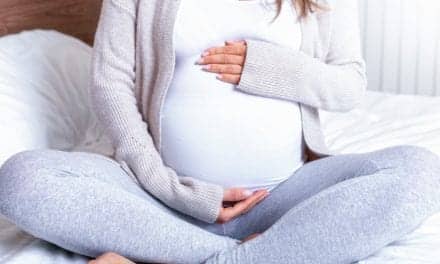This season's ASPS meeting is getting a good deal of play in the mainstream news wires.
Plastic Surgery Makes Advances in Wartime:
"Plastic surgery is a specialty that, unfortunately, always makes significant advances in wartime," said Col Thomas Crabtree, a plastic surgeon who is scheduled to moderate a panel discussion at the American Society of Plastic Surgeons (ASPS) meeting to be held in Chicago at the end of this month.
The panel will discuss the challenges created by today's high-powered weaponry and the advances in facial reconstruction accelerated by wartime.
"The surgical problems we face from the frontlines to stateside military hospitals are challenging to say the least, but the advances made benefit both wounded warriors and civilians hurt in inner-city violence or trauma," Crabtree said.
Technique for perfect twin assets — Talk about multiple euphemisms to describe a fairly recent development in the "mommy makeover" genre, the "spiral flap" developed by Dennis Hurwitz, MD. The news article is not very newsworthy, really, except to say that an unnamed study — by Hurwitz? — will be unveiled at the ASPS meeting.
And now for the latest in fat injections… ASPS Meeting Panels to Address Fat Injections
The first panel will cover the use of fat injections for cosmetic breast enhancement — a controversial subject. The panel is supported by a recent study that looked at 21 patients who had 42 fat transfers for contour deformities or wrinkling. Fat injections were performed an average of 9.9 months following reconstruction. The fat was taken from the patients' abdomen or upper thighs. The study found that fat injection to the breast for reconstruction is safe, improves breast shape, and corrects implant wrinkling.
Also, during a panel titled "Should We Inject Fat into the Breast," participants will discuss and analyze the medical and legal risks, patient safety implications, as well as potential benefits of cosmetic fat injections to the breast.
In another panel, "The Science of Fat Transfer — The Skinny on Fat," participants will examine fat transfer for a variety of purposes including breast surgery, wrinkle reduction, lip augmentation, and to restore damaged tissue resulting from injury or illness. How to harvest and process fat, the biology of fat-derived stem cells, pharmacologic factors that can increase fat's survival and lessen the absorption rate, and the use of fat transfer to treat tissue damaged by radiation therapy will be explored.


